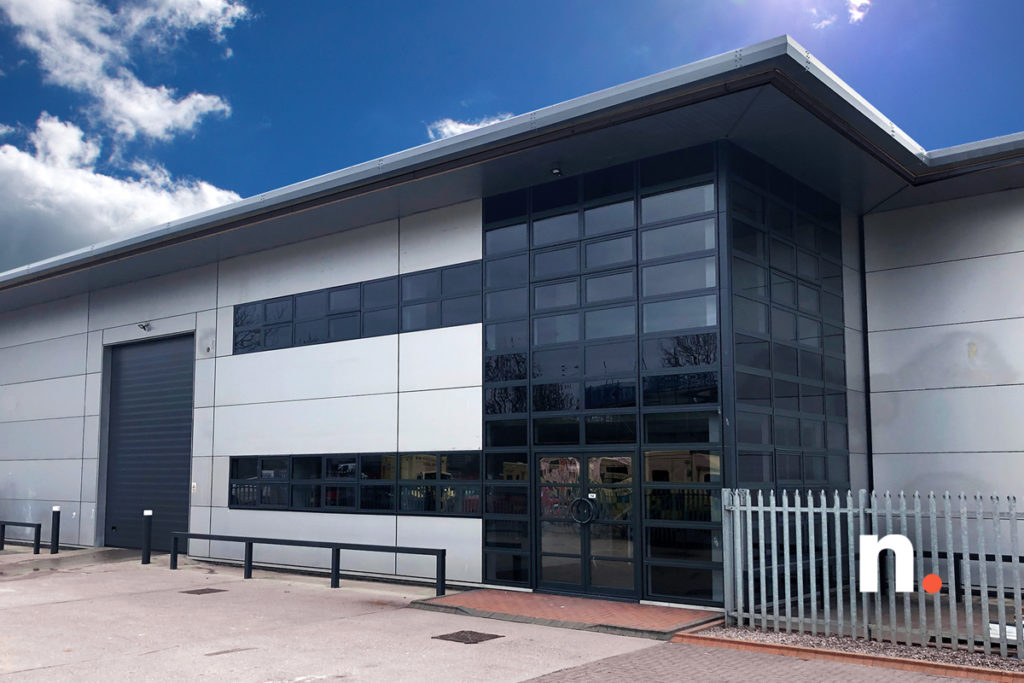Decades ago, society was content with simple TV broadcasts from only a few channels, and communication was as simple as snail-mail. When computers first came on the scene they were giant machines that would occupy whole rooms.
But as technology has evolved, computers and equipment have shrunk and become cheaper. With this evolution has come rising data processing demands which show no sign of slowing down.
As technological advances continue to change the way companies do business, the need for data and power increases. Data centres are the powerhouses of the industrial world, and a London data centre may be just the thing you need.
What is a data centre?
The internet is now considered a daily essential, and almost everybody owns a smartphone, allowing 24/7 connection to the online world. With over 60% of the world’s population online at any given time, the internet plays a huge role in our lives. This means the demand for real-time data transmission is at an all-time high.
The need for computers and other networking equipment that can handle these requests was the driver for the emersion of the modern data centre.
Data centres are computing and networking facilities tasked to collect, store, process, and distribute data. They are responsible for data backup and recovery, as well as networking.
Data centres connect communication networks so users can access information remotely. They host websites and manage e-mails and messaging services. Data centres also support cloud storage and e-commerce transactions.
Importance of data centres
Almost every modern business needs a business data centre. Large corporations or government institutions may choose to build and manage them in-house if they have the resources, but most companies choose to rent services at colocation facilities.
Companies that handle finance, telecommunication, retail, education and social networking services process tons of information daily. Any business that produces or uses data requires a data centre to optimise running its operations. Data centres offer fast secure access to data that cannot be matched.
The idea of storing data and resources on home or work computers is quickly being replaced by an offshore storage mentality. Many companies are migrating their data to data centre services to reduce the cost of running in-house servers and to ensure failsafe reliability that cannot be achieved in the home or workplace.
What Netwise’s London data centres can do for you
Data centres in London are far more than just safe and secure facilities equipped with reliable power and network access. They are quickly becoming a valuable addition to many businesses, as a dependable extension of their IT team.
The Netwise team prides itself on quality service and round the clock care to ensure your data is accessible and protected.
Reliability
Data centres are built to provide around the clock service. With every consideration taken care of, you can be sure your servers will be running around the clock for you and your clients.
Netwise offers the following services to ensure your data is secure and reliable:
- Multiple power sources that are stable and uninterruptible
- Super-efficient cooling and ventilation
- Reliable backup generators
- 24×7 technical support and security
- World-class network and connectivity services
Power outage protection
Onsite power failures are incurable when they result in a loss of data. Technological and natural power outages can cause disaster for an organisation. Loss of power for as little as 1/50 of a second can trigger events that can keep equipment unavailable for anywhere from 15 minutes to several hours.
Outsourcing control to reduce the impact of a power failure is a great way to ensure this doesn’t happen to you. Date centres make use of both grid power and independent generators and UPS’s. This means you’ll be protecting yourself against power outages and ensuring your servers are never out of action.
Clean power
Utility power isn’t always clean, creating a sustainable future is everyone’s responsibility. This is why Netwise uses 100% renewable energy sourced from the wind, sun and sea. Our data centres are some of the greenest facilities in Europe, helping you and your company reduce your carbon footprint.
London colocation tailored to suit your needs
Available in near-limitless space, this is colocation tailored to your needs. With a range of power and connectivity configurations, you will get a secure, resilient server. Select from 1U, 2U & 4U colocation, quarter rack, half-rack or full rack options at a range of price points to fit your budget.
Not sure what you need? Use the colocation calculator to help get you started.
24/7 service
Available with all colocation service options, you will receive 24/7 phone, chat and email customer support. You will have access to full remote hands and management options.
Change your focus
With your data needs taken care of, you and your company can focus on your core objectives, rather than technological maintenance. Spend more time focusing on your profit margin and services, and less time worrying about your server.
Get ready for your London data centre
There’s no question that using a London data centre can bring peace of mind to you and your company. A business data centre in London will ensure you have reliable, around the clock access to your data and network. Using clean energy to cover all your data needs, you can be confident you’re doing right by your clients and the world.
Come in for a tour, or give us a call today to find out how Netwise can help you with your data needs.

